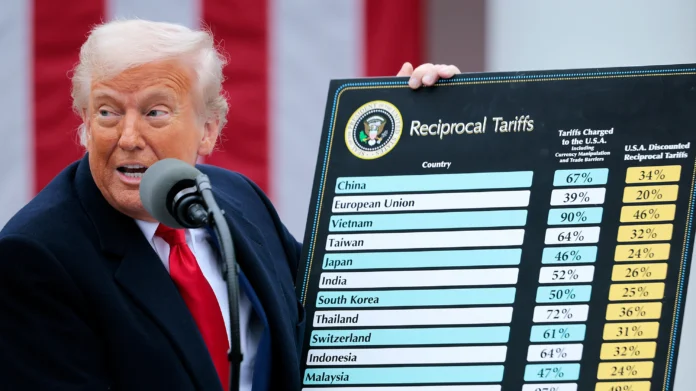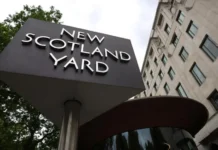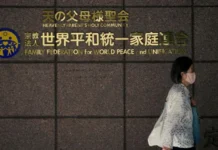
In a landmark decision with broad economic implications, a federal court on Wednesday blocked former President Donald Trump from enforcing the majority of his controversial tariffs, ruling that he exceeded his legal authority under emergency economic powers. The decision, issued by a three-judge panel on the U.S. Court of International Trade in Manhattan, found Trump’s sweeping levies on global imports unlawful, triggering immediate political and legal ripples.
The court issued a permanent injunction against Trump’s so-called “Liberation Day” tariffs and other levies imposed under the International Emergency Economic Powers Act (IEEPA). These included 30% tariffs on Chinese imports, 25% tariffs on select goods from Mexico and Canada, and 10% universal tariffs on most other imports. However, tariffs on autos, auto parts, steel, and aluminum enacted under a separate statute, Section 232 of the Trade Expansion Act, remain unaffected.
The decision follows lawsuits brought by the Liberty Justice Center, representing several small businesses including wine importer VOS Selections, and a coalition of twelve Democratic-led states. Plaintiffs argued that the IEEPA does not authorize the imposition of tariffs and that Trump’s actions represented an unconstitutional seizure of Congressional trade powers.
“The court has confirmed what we’ve long contended: the president cannot bypass Congress to reshape global trade policy at will,” said Jeffrey Schwab, lead attorney for the Liberty Justice Center.
In its ruling, the panel unanimously determined that Trump’s tariffs were not a legitimate response to any defined emergency, and that IEEPA lacks any language authorizing tariffs. “The worldwide and retaliatory tariff orders exceed any authority granted to the President by IEEPA,” the court wrote.
The Trump administration swiftly appealed the ruling, leaving the tariffs’ ultimate fate in the hands of higher courts, potentially the U.S. Supreme Court. The federal government argues the matter is a political question not suited for judicial intervention.
White House spokesperson Kush Desai criticized the ruling, calling it an infringement on executive power. “President Trump pledged to put America First, and the Administration is committed to using every lever of executive power to address this crisis,” he said.
Markets reacted favorably to the court’s decision, with Dow futures surging nearly 500 points and the Nasdaq climbing 1.6% in after-hours trading. Economists and trade experts hailed the ruling as a turning point, especially for small businesses burdened by elevated import costs.
“This is potentially a major policy shift, if upheld, that could provide much-needed relief to firms with limited capacity to absorb rising costs,” said Joe Brusuelas, chief economist at RSM US.
Legal scholars also noted the rarity of such a ruling. “It’s a spectacular decision,” said Gary Clyde Hufbauer of the Peterson Institute for International Economics. “Presidents have historically prevailed in similar cases by merely invoking ‘national emergency.’ This ruling suggests that the courts are no longer willing to accept those claims at face value.”
The panel’s members, appointed by Presidents Reagan, Obama, and Trump, emphasized the bipartisan nature of the decision.
With the appeal pending and the potential for Supreme Court involvement, the legal battle over Trump’s tariffs, and the broader scope of presidential trade authority, is far from over.
Written By Rodney Mbua


















